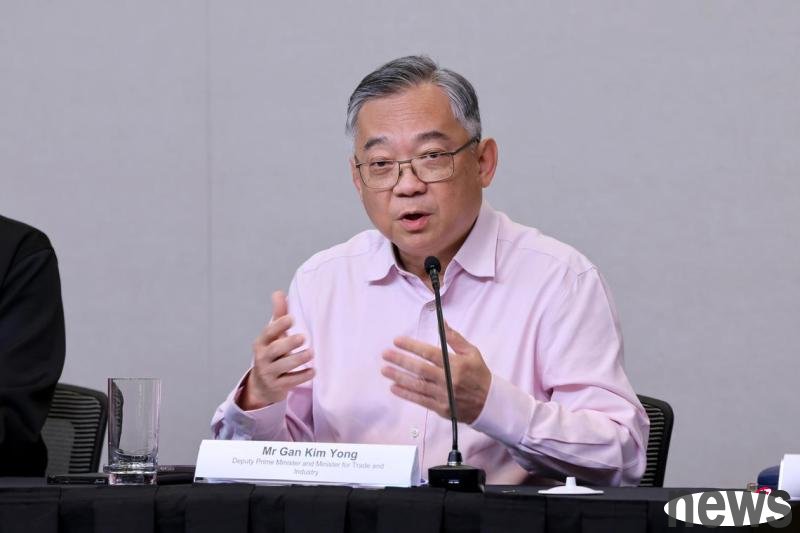
The Xinru collaboration actually provides a more attractive option for third-party investors. Yan Jinyong said: "Instead of investing in only one country, it is better to deploy two regions at the same time. Two is worse than one, and we are even thinking now that three may be better than two."
The core competitiveness of the Johor-Singapore Special Economic Zone is not tariff preferential, but a development model with complementary resources and mutually beneficial advantages between the two places.
Yan Jinyong took the data center as an example. Data centers have extremely high energy requirements, and it is difficult for Singapore to build many data centers, while Johor has resource advantages, which just makes up for this shortcoming. Data centers need to be deployed in close proximity, and companies can set up data centers in Johor to improve competitiveness.
He revealed that Singapore and Malaysia are consulting with Indonesia to discuss how to further expand cooperation to Batam, Bintan and Kiribune (BBK Free Trade Zone), and move towards the "Singapore-Johor-Rao Triangle Cooperation (SIJORI)". "This will further strengthen our attractiveness to enterprises and will also become a key selling point for my country's foreign investment."
He said that Singapore faces restrictions on land, human resources, green energy and water resources, while Johor can provide more space and resources.
Deputy Prime Minister and Minister of Trade and Industry Yan Jinyong pointed out this point at a press conference of the Singapore Economic Resilience Group (SERT) on Thursday (July 10).